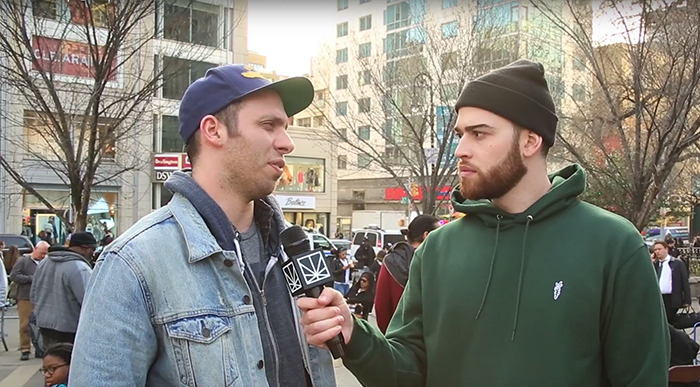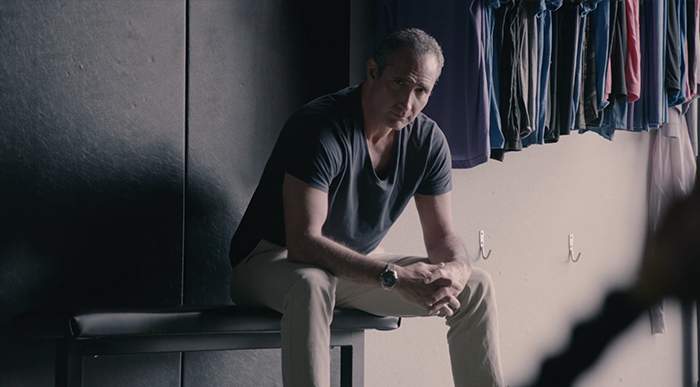Massachusetts officials have announced that a long-delayed set of regulations intended to increase patients' access to medical cannabis are finally ready, reports the Boston Globe. The new rules were finalized by the state’s Department of Public Health back in September 2016, but were put on hold while state legislators re-wrote the voter-approved ballot measure that legalized recreational cannabis in the state last November.
The new rules will allow certified nurse practitioners to apply for permission to issue cannabis recommendations, and will also allow employees of nursing homes, hospice centers, and other medical facilities to administer medical cannabis. These regulations will greatly expand patients' access to medical cannabis, and will help establish marijuana as a more normalized treatment.
The regulations also include rules to help medical canna-businesses. Dispensaries would be allowed to post their prices online, allowing patients to comparison shop between providers. Cultivators would be permitted to grow cannabis plants from cuttings (or “clones”) instead of seeds, bringing them into alignment with mainstream canna-farming practices which will help them save money, while also boosting harvest amounts and ensuring that strains stay consistent over consecutive seasons. “The ability to cultivate from plant cuttings allows us more precision in the selection of the genetic profiles of our products, which in turn raises quality, safety, and efficacy,” said Michael Dundas, CEO of Massachusetts-based Sage Cannabis, to the Boston Globe.
“This is big,” said Nichole Snow, president of the Massachusetts Patient Advocacy Alliance, of the new regulations to the Globe. “Massachusetts will have a broader, more accessible program for patients, caregivers, and providers the moment these regulations take hold.” The health department is presenting the rules to the state's Public Health Council for approval on November 8th, after which the secretary of the commonwealth must certify them. If both of these processes go smoothly, the new regulations could take effect before year's end.
Health department officials said that the delay was needed to ensure that their new medical regulations didn’t conflict with rules for recreational cannabis, as well as to discuss them with the state's new Cannabis Control Commission, which will eventually assume oversight of both medical and recreational cannabis policy in the Bay State.











